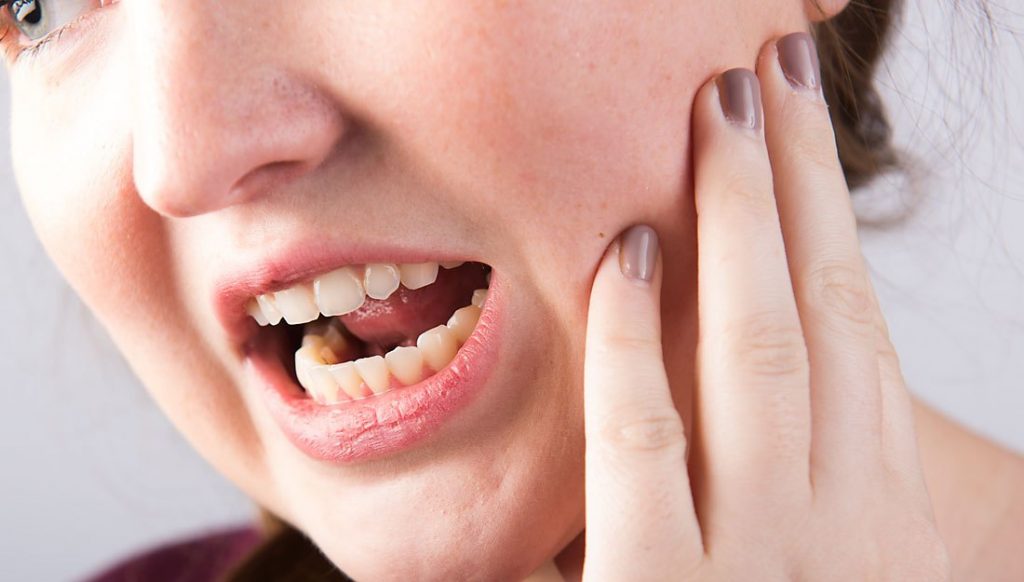There are several types of lockjaw, which is why it is so important to find the best treatment. In general, there are two main causes of this condition: physical injury and the underlying condition. Physical injury can be caused by stepping on a nail or a puncture in the skin. The infection is toxic and has an incubation period of three to 21 days. The treatment of lockjaw depends on the type of cause.
If you suspect that you have lockjaw, you should see your doctor right away. Your symptoms may be similar to "Charley horse" pain in your leg. A lockjaw can result from certain medications, health conditions, and other things. Because of the various causes, the diagnosis of lockjaw is made based on your medical history. However, because this condition is so common, it can be difficult to describe the symptoms accurately to your medical team. It is often helpful to write down your medical history.
Some causes of lockjaw include tetanus, a bacterial infection of the nerves and muscles of the jaw and neck. Other possible causes include a chronic infection or a drug injection. The symptoms of lockjaw are similar to those of the "Charley horse" in your leg. When you go to the doctor for a lockjaw diagnosis, be sure to have all your medical history written down.
The first cause of lockjaw is tetanus, which is a serious infection of the jaw. While this was a more common cause in the past, it is rare in modern society. The most common causes of lockjaw are a muscle strain, spasm, and temporary dislocation of the jaw joint (also called the temporomandibular joint). In some cases, the locked jaw can be caused by a tumor.
Infection in the jaw can lead to lockjaw. Tetanus can be caused by a number of different things, but the most common cause is tetanus. When a person is infected with tetanus, they will experience swelling in the jaw. The muscles in the jaw will not be able to move properly, and the infection will limit the range of motion of the mouth.
There are several causes of lockjaw. Some people may have tetanus in their jaw. This condition affects the jaw muscles and may prevent you from swallowing. You will be unable to open your jaw. If you experience any of these symptoms, it is important to seek medical treatment. If you are concerned about your health, you should take a blood test to rule out a tetanus infection.

If you have jaw tetanus, you should seek medical help immediately. Your doctor will likely need to examine your jaw to determine whether you have tetanus. If you have tetanus, you should see your doctor as soon as possible. The sooner you start treatment, the better. You will be able to avoid many complications, including bruxism, and you will be able to sleep without worrying about trismus.
If the cause is a bacterial infection, your dentist will prescribe antibiotics to kill the bacteria causing the infection. In addition to antibiotics, your dentist will prescribe TMJ treatment to help your jaw heal. In addition to antibiotics, tetanus immune globulin can also be used to counteract the toxin. A medical website https://optrix.asia/ may recommend a TMJ medication to help you sleep in the correct position.
Symptoms of trismus can range from mild to severe and can range from a painful tetanus infection to soft tissue inflammation. Soft tissue inflammation is one of the most common causes of trismus, although it can be caused by a number of other conditions. This can be caused by overuse of the mouth or TMJ, which can lead to a weakened jaw. Your dentist will prescribe treatment to help you overcome these symptoms, but he or she may not recommend it if you have tetanus.
Symptoms of trismus range from mild to severe and may affect chewing and speaking. Some people with these symptoms even have difficulty breathing. These are some of the most common types of trismus. Although they can be difficult to identify, they are very common and can be treated effectively. Your dentist may recommend treatment for TMJ. Depending on the type of lockjaw, your dentist may prescribe over-the-counter medications or even perform a physical examination to determine the exact cause. Massage can also help reduce pain.
About the author